Heart Conditions.
Common conditions.
Photograph by Bill Oxford.
Cardiovascular diseases (CVDs) are a group of disorders of the heart and blood vessels. Cardiovascular disease (CVD) causes more than half of all deaths across the European Region. Eighty percent of premature heart disease and stroke is preventable [WHO]. Common symptoms caused by cardiac problems include shortness of breath, chest pain, palpitations or dizziness.
Angina
Angina is chest pain caused by reduced blood flow to the heart muscles. Angina is usually caused by the coronary arteries supplying blood to the heart muscles becoming narrowed by a build-up of fatty substances. This is called atherosclerosis and can affect any of the arteries in the body. Coronary heart disease is the term used to describe atherosclerosis in the coronary arteries.
Chest pain caused by angina usually feels tight, dull or heavy and can be triggered by physical exertion or stress. Angina is not usually life threatening, but it's a warning sign that you could be at risk of a heart attack.
Tests may be needed to confirm a diagnosis of Coronary heart disease, including an treadmill test, a radionuclide scan, a CT scan or coronary angiography.
With treatment and healthy lifestyle changes, it is possible to control angina and reduce the risk of serious problems. Some individuals may require intervention such as percutaneous coronary intervention or coronary artery bypass grafting [see treatments].
Heart Failure
Heart failure means that the heart is unable to pump blood around the body properly. It usually occurs because the heart has become too weak or stiff.
Heart failure does not mean your heart has stopped working. It just needs some support to help it work better.
Symptoms of heart failure are:
breathlessness after activity or at rest
feeling tired most of the time and finding exercise exhausting
swollen ankles and legs
Some people also experience other symptoms, such as a persistent cough, a fast heart rate and dizziness.
Symptoms can develop quickly (acute heart failure) or gradually over weeks or months (chronic heart failure).
Treatment for heart failure usually aims to control the symptoms for as long as possible and slow down the progression of the condition.
Atrial Fibrillation
Atrial fibrillation is a heart condition that causes an irregular and often abnormally fast heart rate. This can cause symptoms including dizziness, shortness of breath and tiredness.
You may be aware of noticeable heart palpitations, where your heart feels like it's pounding, fluttering or beating irregularly. Sometimes atrial fibrillation does not cause any symptoms and a person who has it might be completely unaware that their heart rate is irregular.
Atrial fibrillation is not usually life threatening, but it can be uncomfortable and often requires treatment. Treatment may involve medicines to reduce the risk of stroke and to control the heart rate or rhythm. Other interventions may be recommended including:
Cardioversion – where the heart is given a controlled electric shock to restore normal rhythm
Catheter Ablation – where the area inside the heart that's causing the abnormal heart rhythm is destroyed using radiofrequency energy.
Palpitations
Heart palpitations are heartbeats that suddenly become more noticeable. Your heart may feel like it's pounding, fluttering or beating irregularly, often for just a few seconds or minutes. You may also feel these sensations in your throat or neck.
Palpitations may seem alarming and are a very common symptom. There is a wide range of causes for palpitations but in many cases they are harmless and are not a sign of a serious underlying heart problem. A diagnosis can usually be reached after a careful and detailed account of symptoms has been obtained and sometimes it is advisable to confirm this diagnosis with heart rhythm monitoring tests.
Blackouts / Fainting
Transient loss of consciousness may be caused by numerous conditions affecting:
the heart and circulatory system or
the brain and nervous system.
The brain relies on oxygen carried in the blood to function properly. Transient loss of consciousness can occur when the blood flow to the brain is reduced. Reduced blood flow to the brain is often caused by a temporary problem with the part of your nervous system that regulates the body's autonomic functions, including the heartbeat and blood pressure. Disorders of the heart and circulatory system that cause transient loss of consciousness can result in a fall and possible injury.
The commonest cause is a simple faint also called Reflex Syncope but there are many other causes and it is important to see a specialist because misdiagnosis is common and potentially hazardous.
A diagnosis can usually be reached after a careful and detailed account of symptoms has been obtained and sometimes it is advisable to confirm this diagnosis with heart rhythm monitoring tests.
More than 1 in 4 adults in the UK have high blood pressure, although many will not realise it. Making healthy lifestyle changes can help reduce your chances of getting high blood pressure and help lower your blood pressure if it's already high. You may also require medication to reduce your blood pressure and your risk of complications such as heart attacks or stroke. Some individuals have high blood pressure which seems difficult to control and specialist advice is valuable.

